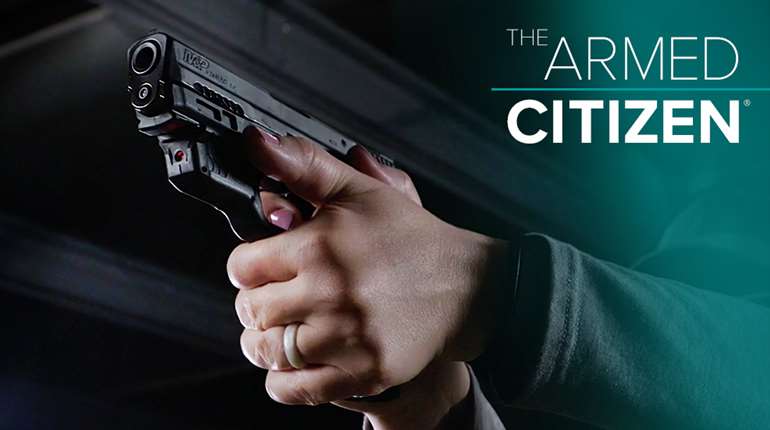We focus a lot in this space about gun safety and gun handling skills, and for very good reason! However, there are three other things that you absolutely must know before you begin carrying your handgun concealed on your person. Responsible gun ownership begins and ends with safety, but responsible concealed carrying also includes solid knowledge of your state and local laws. In this episode of Smith & Wesson's GUNSMARTS series, instructor Ken Scott provides some critical information.
The first thing to know is what the laws are in your state as they relate to concealed carry (CCW). It's important not only to look these laws up, but to keep alert to changes in local laws. Naturally, we here at the NRA specialize in providing the latest information state-by-state. Here's where you can go to look up your local CCW laws.
The second thing to know is what's called "use of force" laws in your state. This refers to what you are and are now legally permitted to do as part of your self-defense strategy. For example, in many states, the rules differ based on whether you're on your own property or not.
The third thing to know is whether or not your concealed-carry permit is recognized as legal in the states where you may wish to travel. It's quite common, particularly on the East Coast, to have state borders with wildly different gun laws. For example, although Virginia's permit is recognized in North Carolina and West Virginia, take care not to stray over the Maryland state line in your travels while carrying concealed! Here's a great resource to help you stay legal.















































